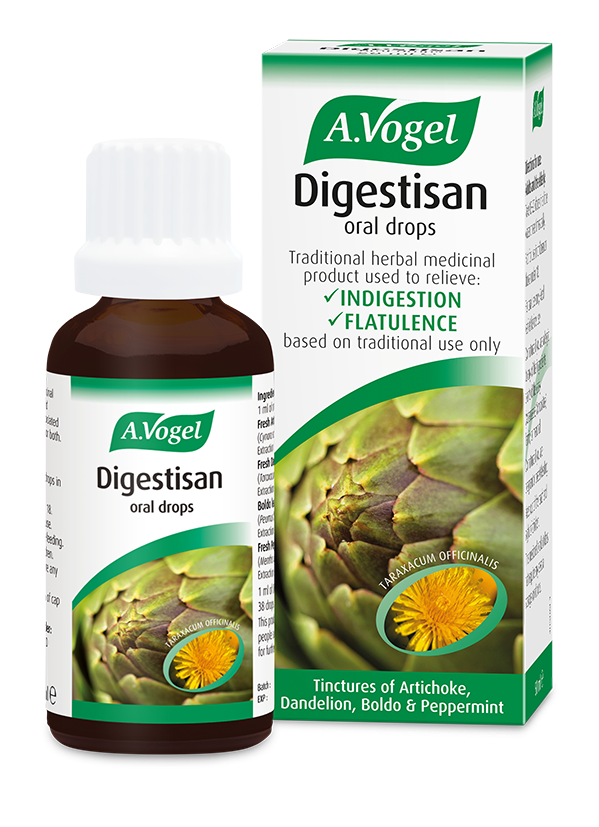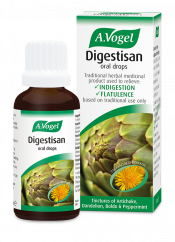An introduction to gluten or wheat intolerance
References to wheat and gluten intolerances are frequently used interchangeably but they are in fact often two separate issues.
Wheat intolerance without being sensitive to gluten is relatively rare but can occur. Around 15% of the population is thought to be intolerant to gluten, which also means they will have to avoid wheat. It is important to understand what this means for you and how it can be managed through diet.
Wheat intolerance
The structure of a grain of wheat is comprised of simple sugars, starch, fibre, cellulose and different proteins, gluten being one of them.
The processes involved in wheat intolerance are not well understood. Wheat intolerance may arise when you lack the necessary enzymes to break down wheat, preparing it for absorption. A deficiency of enzymes required to break down the protein gluten found in wheat is possible, however, the issues associated with wheat intolerance aren’t always thought to be attributable to gluten.
It is possible that it is some other part of the wheat grain that you are reacting to. In this case you would be wheat intolerant but other grains containing gluten may still be tolerated (e.g. rye or barley).
Different parts of the wheat grain, or by-products from its digestion, may be responsible and are even thought to contribute to a low-grade inflammatory response. This is separate from a wheat allergy which is an acute immune response and can be life-threatening.
Wheat intolerance (without sensitivity to gluten) is less common than gluten intolerance and doesn’t involve the elimination of so many foods from one’s diet. Refer to our section below to understand the differences in the foods that should be considered in an elimination diet.
Gluten intolerance
Gluten is a specific protein found in grains including wheat, barley and rye.
Again, mechanisms for gluten intolerance aren’t yet well understood. The issues arising may be due to a lack of the appropriate enzymes required to break down gluten in your small intestine. This would result in gluten travelling partially undigested into the large intestine where it causes irritation and gives rise to nasty symptoms. In light of this, scientists have produced some gluten specific digestive enzymes designed to help the breakdown of gluten, which in theory should help. However, the results have not been resoundingly successful and these supplements should not be taken in coeliac disease.
This suggests other processes may be involved. An adverse reaction to the components involved in gluten breakdown (constituents of the protein and then the enzymes themselves) have also been considered, activation of the immune system may also be involved as in many cases low-grade inflammation is present and there appears to be a link with the intake of gluten.
Gluten intolerance is often referred to as non-coeliac gluten sensitivity (NCGS). Coeliac disease is unique and marked by a specific immune response which can be diagnosed with a blood test. NCGS is not as distinctive.
Gluten may be tolerated in small amounts if you have intolerance, although this is not the case for everyone - highlighting how complicated and individual the issue can be. This isn’t the case at all in coeliac disease; gluten should be avoided completely.
If the immune system is involved in a low-grade response, it begins to explain why gluten intolerance is often related to problems such as eczema.
Gluten is a common sensitivity in its own right but if you have already tried eliminating gluten from your diet with some improvements but find you are still experiencing some symptoms, it is possible that a broader group of food called FODMAPs may need to be considered. FODMAPs include gluten-rich grains as well as many fruit, vegetables, legumes and artificial sweeteners.
Foods to consider eliminating
Wheat sources:
- Bread
- Bulgur wheat
- Couscous
- Durum wheat
- Flour
- Hydrolyzed wheat protein
- Kamut
- Pasta
- Semolina
- Spelt
- Wheat products: berries, bran, durum, germ, germ oil, gluten, grass, malt, protein isolate, sprouts, starch
Wheat is commonly found in many processed foods too, including baked goods, cakes, biscuits, soy sauce, crisps, processed meats such as sausages, beer, sauces, soups, salad dressings and breakfast cereals. Always check the food label where the allergens will be listed in bold.
Gluten sources:
- Sources of wheat as above
- Rye
- Barley
- Oats (may be contaminated)
- Malt
- Brewer’s yeast
Even with wheat or gluten intolerance you may find you are able to tolerate small amounts of certain varieties of foods containing the problem component. For example, ancient sources of wheat such as spelt or kamut may not affect you in the same way or to the same degree as do more modern and processed sources of wheat.
A degree of trial and error may be necessary for you to determine the threshold over which you produce symptoms.
Symptoms of gluten or wheat intolerance
Symptoms of wheat or gluten intolerance can vary greatly and can appear quickly or take up to several days to materialise. Symptoms can range from mild to severe and can include:
- Digestive problems such as bloating, flatulence, constipation, diarrhoea, nausea.
- Fatigue
- Headache
- Mouth ulcers
- Skin conditions
Refer to our example of a food and symptoms diary to begin recording and evaluating your symptoms.
Coeliac disease
Coeliac disease is an autoimmune disease caused by an adverse reaction to a specific component of gluten called alpha gliadin. The immune system mistakes alpha gliadin for a pathogen and, in doing so, attacks the lining of your small intestine causing significant damage.
The structure of the inside of the small intestine wall is unique. Finger-like projections called villi project into the inside space creating an increased surface area and allowing better absorption of the products of digestion. Unfortunately, these delicate villi are attacked in coeliac disease and become shorter, flatter and less efficient at their job.
People with coeliac disease are susceptible to flatulence, constipation diarrhoea, extreme stomach pain and cramping after sources of gluten, nausea, vomiting, headaches, fatigue, malabsorption and deficiencies in certain vitamins and minerals. Common deficiencies in coeliac disease include iron, calcium, vitamin D, zinc, B vitamins, magnesium, folate and phosphate. Sufficient calorie intake and weight loss may also be a problem.
Unlike food intolerance, people with coeliac disease should not consume any gluten. Obtaining essential vitamins and minerals from fresh sources of gluten-free foods is essential. Many processed gluten-free products are lacking in nutrients so should be consumed sparingly.
It is not fully understood what causes coeliac disease but in many cases it is likely to be linked to genetics.








